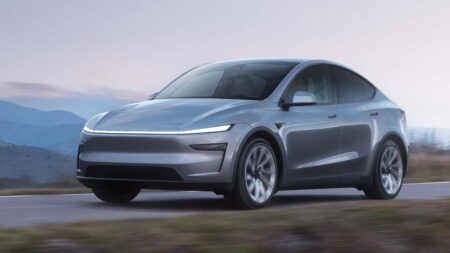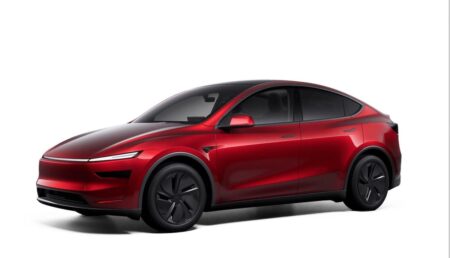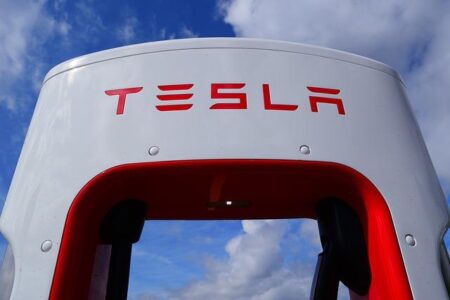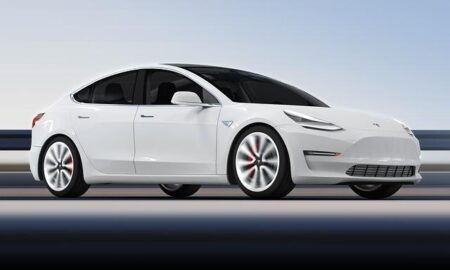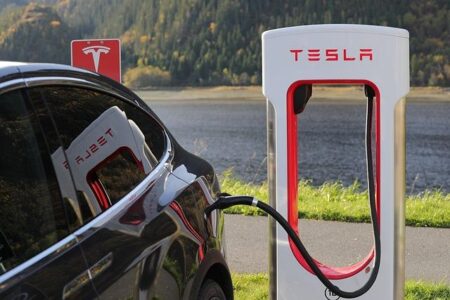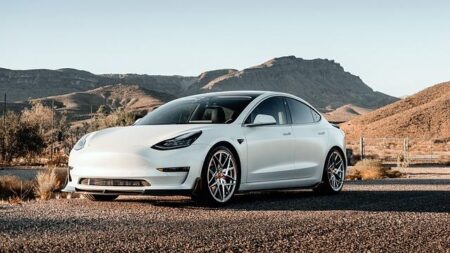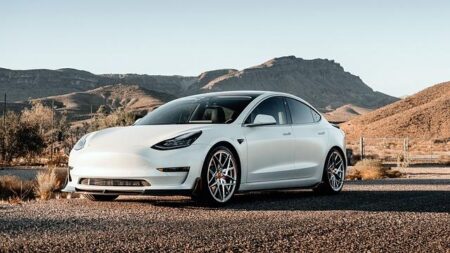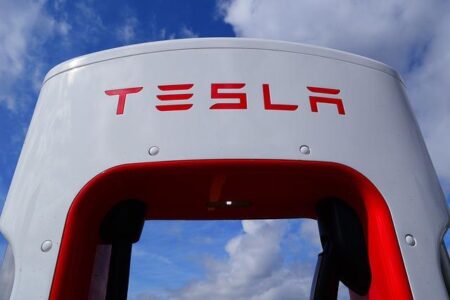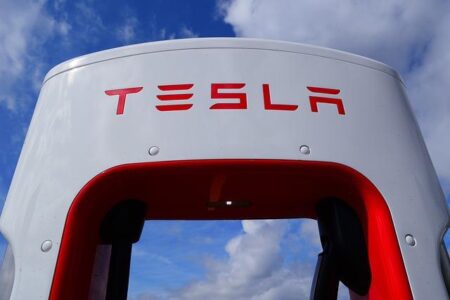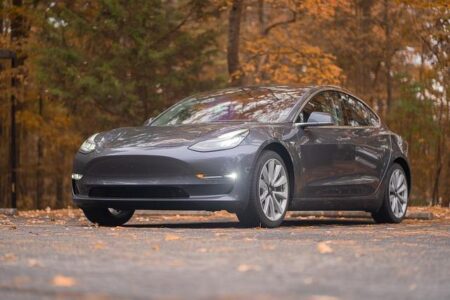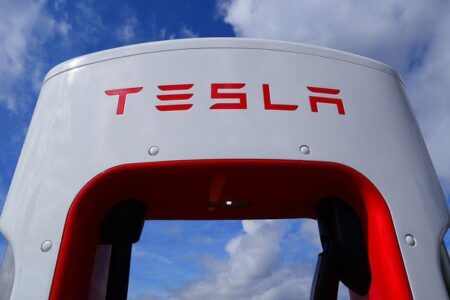Tesla has reached an exciting milestone by delivering its inaugural shipment of Shanghai-manufactured Model Y units to Australia! This strategic move not only broadens the automaker’s global presence but also enhances the accessibility of its beloved electric SUV in the region.
Browsing: Tesla
Tesla, GM, and Rivian may face significant challenges following China’s export ban on critical minerals essential for electric vehicle production. With supply chains disrupted, these automakers could struggle to maintain production levels and meet growing demand.
Tesla has halted new orders for two imported, US-made models in China, as reported by Reuters. This move reflects ongoing challenges in the Chinese market, where competition and regulatory pressures continue to intensify for the electric vehicle manufacturer.
India has reportedly denied BYD’s entry into its electric vehicle market, as a government minister expressed a clear preference for Tesla. The decision underscores rising trade concerns while highlighting India’s push for foreign investment in the EV sector.
The UK is in discussions with the US regarding potential car tariffs, with an eye on Tesla subsidies, according to Shadow Chancellor Rachel Reeves. These negotiations may reshape automotive trade dynamics and enhance UK competitiveness in the EV market.
BYD has surpassed Tesla in sales, driven by a focus on innovative technology and features that resonate with Chinese consumers. The company’s ability to adapt to local preferences has solidified its position in the rapidly growing electric vehicle market.
Union representatives at Tesla’s German plant have submitted a petition demanding longer breaks and increased staffing to support the ramp-up of Model Y production. The move highlights ongoing concerns over employee workload amid rising production targets.
Zeekr, the Chinese electric vehicle manufacturer and rival to Tesla, has announced plans to roll out an advanced driver assistance system (ADAS) at no additional cost. This strategy aims to enhance their competitive edge in the rapidly evolving EV market.
Tesla has initiated a free trial of its assisted driving service in China, aiming to enhance its market presence and attract new customers. The move comes amid increasing competition in the electric vehicle sector and heightened regulatory scrutiny.
Tesla stock faced further declines following recent developments in China, raising investor concerns. Reports suggest increased regulatory scrutiny and competitive pressures in the electric vehicle market, prompting analysts to reassess the company’s growth outlook.
Tesla’s sales face significant risks across three key markets: China, where geopolitical tensions and local competition intensify; the USA, with potential regulatory changes; and Europe, where strict emissions targets and emerging rivals challenge its dominance. Each region presents unique hurdles for the electric vehicle leader.
Tesla is reportedly planning a more cost-effective version of the Model Y, aiming to reduce production costs by at least 20%. This strategic move seeks to strengthen its market share in China amid increasing competition.
Tesla is reportedly collaborating with Baidu to enhance its assisted driving system specifically for the Chinese market. This partnership aims to integrate advanced AI technology into Tesla’s vehicles, addressing local driving conditions and regulations.
In a surprising announcement, former President Donald Trump declared he would purchase a Tesla on Tuesday morning, citing it as a “show of confidence and support” for CEO Elon Musk. This endorsement comes amid ongoing discussions about electric vehicles and corporate innovation.
Elon Musk’s growing political clout may provide a strategic advantage in penetrating the Indian market. With aspirations for Tesla’s expansion and Starlink’s deployment, Musk’s ability to navigate India’s complex regulatory landscape could be pivotal.
In a recent statement, Canadian leadership candidates sparked controversy by suggesting a potential 100% tariff on Tesla vehicles. This claim has raised eyebrows as experts urge a fact-check, emphasizing the economic implications and diplomatic considerations involved.
Tesla experienced a significant downturn in German sales, plummeting 76% in February, according to Reuters. This sharp decline raises concerns about the company’s competitiveness in the European electric vehicle market amid increasing local competition.
Tesla’s sales in Germany plummeted 76% amid Elon Musk’s controversial political campaigning efforts. The sharp decline raises questions about the impact of Musk’s distractions on the automaker’s performance in key European markets.
BYD’s sales surged by an impressive 164%, showcasing its rapid growth in the electric vehicle market, while XPeng reported even stronger performance. This surge underscores the intensifying competition among EV manufacturers as consumer demand escalates.
Tesla’s sales in Europe and the UK plummeted by 45% in January, reflecting the intensifying competition in the electric vehicle market. Analysts suggest that rival brands are gaining ground, posing new challenges for the once-dominant automaker.


